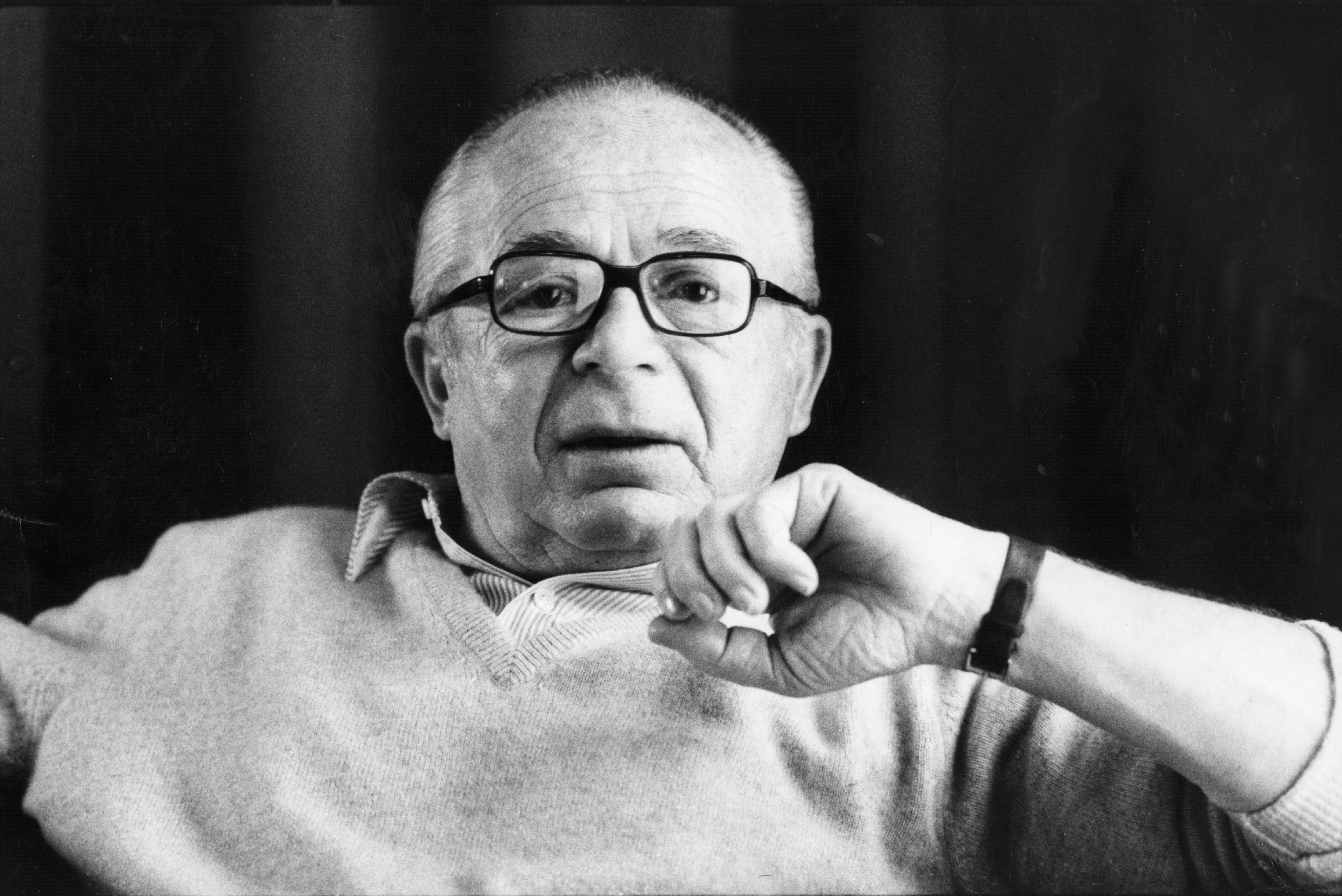Originally planning to become a lawyer, Billy Wilder abandoned that
career in favor of working as a reporter for a Viennese newspaper,
using this experience to move to Berlin, where he worked for the city's
largest tabloid. He broke into films as a screenwriter in 1929 and
wrote scripts for many German films until Adolf Hitler came to power in
1933. Wilder immediately realized his Jewish ancestry would cause
problems, so he emigrated to Paris, then the US. Although he spoke no
English when he arrived in Hollywood, Wilder was a fast learner and
thanks to contacts such as Peter Lorre (with whom he shared an apartment),
he was able to break into American films. His partnership with Charles Brackett
started in 1938 and the team was responsible for writing some of
Hollywood's classic comedies, including Ninotschka (1939) and Wirbelwind der Liebe (1941). The
partnership expanded into a producer-director one in 1942, with
Brackett producing and the two turned out such classics as Fünf Gräber bis Kairo (1943),
Das verlorene Wochenende (1945) (Oscars for Best Picture, Director and Screenplay) and Boulevard der Dämmerung (1950)
(Oscars for Best Screenplay), after which the partnership dissolved.
(Wilder had already made one film, Frau ohne Gewissen (1944) without Brackett, as the
latter had refused to work on a film he felt dealt with such
disreputable characters.) Wilder's subsequent self-produced films would
become more caustic and cynical, notably Reporter des Satans (1951), though he also
produced such sublime comedies as Manche mögen's heiß (1959) and Das Appartement (1960) (which won him
Best Picture and Director Oscars). He retired in 1981.
